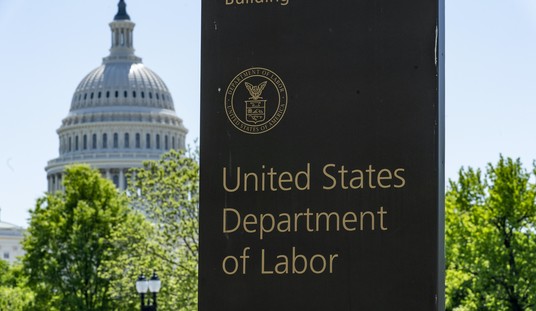The relationship between President Donald Trump and Elon Musk, de facto head of DOGE (Department of Government Efficiency), has been historic. And as far as I can tell, every bit of it has been of unprecedented benefit to the American people, with even greater promises to come.
However, Musk appeared to break with the Trump administration's sweeping tariff policies in the wee hours of Sunday morning while also blasting trade advisor Peter Navarro, widely seen as one of the top architects of Trump's tariff policy, who strongly supports the president's recent "Liberation Day" declaration as he announced tariffs against virtually every US trading partner.
ALSO READ: Watch: Trump Declares 'Liberation Day in America' in Rose Garden Tariffs EO Event
“A PhD in Econ from Harvard is a bad thing, not a good thing. Results in the ego/brains>>1 problem,” Musk asserted on X (formerly Twitter) in response to a user touting Navarro's credentials. In response to another user saying Navarro was “correct” in his assessment of tariffs, Musk shot back: “He ain’t built sh—.”
A PhD in Econ from Harvard is a bad thing, not a good thing.
— Elon Musk (@elonmusk) April 5, 2025
Results in the ego/brains>>1 problem.
Musk then shared his desire for "normal" trade relations between the U.S. and Europe via a video link to a congress of Italy’s right-leaning, co-ruling League Party.
At the end of the day, I hope it’s agreed that both Europe and the United States should move ideally, in my view, to a zero tariff situation, effectively creating a free trade zone between Europe and North America. If people wish to work in Europe or wish to work in North America, they should be allowed to do so in my view ... [which] has certainly been my advice to the president.
Meanwhile, the pitched battle over tariffs continues on social media as keyboard jockeys — every one of whom is suddenly an "expert" on tariffs (including the fundamental facts of who pays tariffs and who doesn't) duke it out. I'll just leave this here rather than open that can of worms, which would only lead to zero minds being changed, anyway.
Musk also warned about tariffs during a late-2024 appearance with podcaster Joe Rogan:
I think you need to be careful with tariffs. I deal a lot with supply chain issues like the global automotive supply chain for Tesla is incredibly complex. So when there are sudden changes in tariffs … it messes everything up.
You want to have tariffs be predictable so that tariffs can adjust their supply chain. I think companies are more than happy to increase manufacturing in America, it’s just that you can’t do it instantly.
As to the efficacies of tariffs, either as a short-term bargaining chip or a long-term policy, I'll share the thoughts of Nobel Prize-winning economist Milton Friedman — in my not-so-humble view among the greatest economists in history — Peter Navarro's PhD in economics from Harvard notwithstanding.
During a notable1978 speech, Friedman said:
We call a tariff a protective measure. It does protect; it protects the consumer very well against one thing. It protects the consumer against low prices.
Friedman further explained, in part:
[I]f you eliminate government from these matters you enable individuals to deal with one another. If you introduce protection, tariffs, restrictions on trade, they become matters for government-to-government wrangling and they are an enormous source of division. So in the name of both prosperity and world peace there are few steps that we could take which would contribute more than a complete move toward free trade.
Granted, while Friedman didn't appear to anticipate the present-day aggressive trade practices of China or D.C. politicians allowing other countries to "walk all over the U.S.," his focus was more on the long-term effects of extended trade wars, which, without exception, lead to inflation and higher prices. In that case, tariffs become tantamount to regressive taxation, meaning lower-income people are more adversely affected by higher prices than higher-income people.
That said, if the Trump administration's reciprocating tariffs ultimately compel China, of all countries, to "blink," mission accomplished. If not, all bets are off.















Join the conversation as a VIP Member